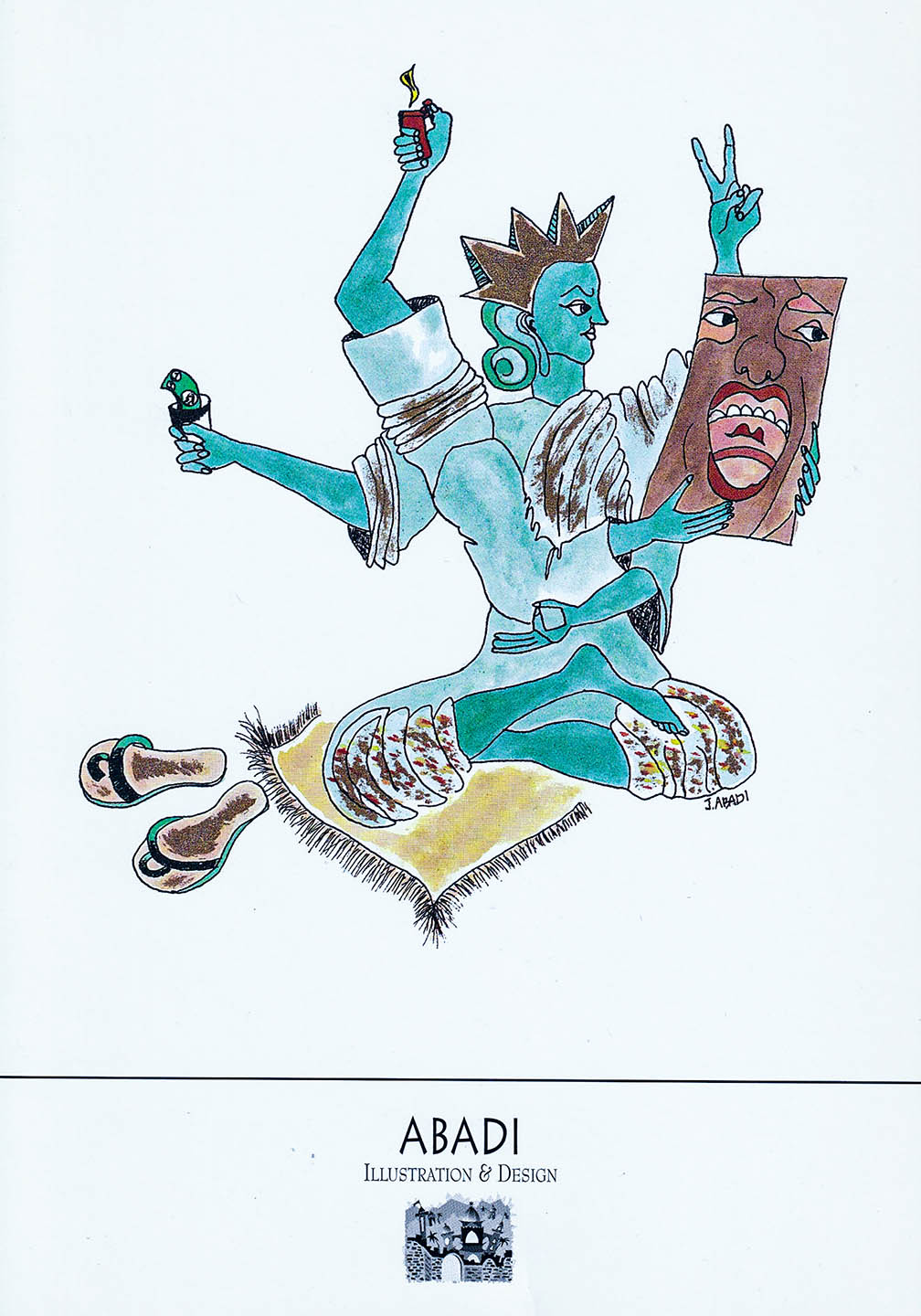THE PASSOVER STORY AND THE IMPORTANCE OF REMEMBERING
Since the horrible October 7th attack on Israel and the subsequent rise in antisemitism around the globe, I am thinking a lot about those whom I once interviewed for my cookbook “Too Good To Passover” who shared their stories about observing Passover during difficult times for the Jewish people.
I am remembering the story of Frank Mayo from Egypt who shared how during one Passover around 1939 an angry mob in Egypt claimed that a missing Muslim child had been taken by the Jewish community to get blood to make the matzah. Fortunately this child was found quickly inside of a mosque, but the reaction of the crowd made a big impression on Frank.
I am rereading the story of Amnun Kimyagarov and his wife Zoya originally from Samarkand, a city in Uzbekistan, that was once a part of the USSR. Because religious observance was illegal at that time, all food preparations for the Seder had to be done secretly with the window shades pulled down so that no one would know that they were preparing for a religious holiday meal.
I am smiling as I read Bizu Riki Mullu’s beautiful description of Seders in Ethiopia. For the first night the villagers would sit down in front of the rabbi’s home to listen to his telling of the Exodus from Egypt by heart instead of reading from a haggadah. They would each have a taste of the symbolic Seder foods from a shared basket beside them on the ground, and then after the ceremony walked home by moonlight because it was very dark and they had no electricity.
I am recalling the reaction of Koula Kofinas when I asked her about Passover in Greece during World War II: “Celebrate Passover in war time? Are you kidding or something? I don’t remember. I don’t remember because we didn’t have it. We didn’t have anything. We ate anything and everything, just to survive. This is the truth. This is what happened. As my mother used to say, ‘You can’t cover your face with a finger.’”
I am reminding myself of the Inquisitions — a period that lasted several hundred years, and did not officially end until 1834 — when Jews in places like Spain, Portugal, and parts of Italy had to find covert ways to conduct a Seder that would not alert the authorities and get them arrested, or even killed. Rabbi Barbara Aiello, an Italian-American living in Calabria, Italy, explained her family’s tradition of a Seder on the first and fifth nights of Passover to honor Christian neighbors who might have allowed their Jewish friends to kasher a room in their own homes on the fifth night, when the Inquisition authorities would not be suspecting the Jews of ‘Judaizing’. This fifth night is called Seder Hamishi (from hamesh in Hebrew, meaning ‘five,’ and also related to the Yiddish slang word hamish, meaning ‘friendly, welcoming’) has become a way of honoring not only those Jews who had to hide their Judaism or had been forced to convert to Christianity (the Anusim), but a way of remembering those Christians who helped the Jews even upon risk of their own lives. For the Seder Hamishi she always invites her non-Jewish friends.
…And I will never forget the millions of Jews who were fleeing for their lives and were unable to observe Passover at all for years during the Pogroms. World War I. And World War II.

